In the human body, Coenzyme Q10 exists in two non-ephemeral redox forms: the oxidized form called ubiquinone and the reduced form called ubiquinol. Conversion back and forth from one redox form to the other is fundamental to the biological functioning of CoQ10 in the cells and tissues [Mantle & Dybring 2020].

Intensive exercise involves high energy expenditure and increased oxidative stress. Theoretically, CoQ10 supplementation can result in reduced oxidative stress and in enhanced recovery.
Unfortunately, the body’s bio-synthesis of CoQ10 declines with increasing age. The decline is so great that the CoQ10 content of heart muscle tissue in individuals aged 79-81 years is less than half the content in individuals aged 19-21 years [Kalén 1989]. The use of statin medications is also known to inhibit the bio-synthesis of CoQ10 [Raizner & Quinones 2021; Okuyama 2015]. Less supply of CoQ10 to the cells and tissues is serious because CoQ10 is essential for the process of ATP energy generation. Less CoQ10 also means less antioxidant protection [Crane 2001].
The Lipid-Soluble Antioxidant Coenzyme Q10
In its reduced form, CoQ10 is a lipid-soluble antioxidant. It is the only lipid-soluble antioxidant synthesized in the human body. CoQ10 protects both circulating LDL-lipoproteins and cellular membranes against oxidative damage. Because the ubiquinol form is used to quench harmful free radicals, it needs to be regenerated constantly from the oxidized form ubiquinone. Several enzyme systems in the body are capable of maintaining CoQ10 in the ubiquinol form as needed [Mantle & Dybring 2020; Mantle 2015].
CoQ10 Inhibits the Oxidation of LDL-Cholesterol
Oxidative stress can be defined as the condition in which the activity of harmful free radicals exceeds the activity of the body’s antioxidant defenses. Higher oxidative stress contributes to an increased risk of atherosclerosis and coronary artery disease [Lee 2012].
The role of supplemental CoQ10 in protecting LDL-cholesterol against oxidative damage has been documented [Dabbaghi 2023]. CoQ10, rather than the lipid-soluble vitamin E, has been shown to be the first line of defense against oxidative damage in LDL-cholesterol [Stocker 1991; Mohr 1992; Mantle 2015].
LDL-Lipoproteins Carry Cholesterol and Coenzyme Q10 in the Blood
Low-density lipoprotein (LDL) lipoproteins are the primary transporters of cholesterol and CoQ10 in the blood to cells and tissues. The cholesterol is important for maintaining the structure of cell membranes, for producing steroid hormones, e.g., cortisol and estrogen and testosterone, and for synthesizing vitamin D.
High levels of circulating LDL-cholesterol and low levels of circulating Coenzyme Q10 can result in the build-up of plaque on the inner walls of arteries. The oxidation of cholesterol and the build-up of plaque increases the risk of atherosclerosis, heart attack, and stroke [Mantle 2015].
LDL lipoproteins transport small amounts of CoQ10 predominantly in the ubiquinol form. Ubiquinol differs from ubiquinone in that ubiquinol has two extra electrons to donate. Thus, ubiquinol can donate electrons that will neutralize reactive oxygen species and other harmful free radicals that would otherwise cause oxidative damage to LDL-cholesterol.
Without adequate antioxidant protection, the lipids and apolipoproteins in LDL lipoproteins will be damaged. By neutralizing harmful free radicals, ubiquinol can prevent the oxidation of LDL-cholesterol and can slow down the formation of atherosclerotic plaque. CoQ10’s antioxidant function is important for the prevention of the development of cardiovascular disease [Mantle 2015].
Importance of the CoQ10 to LDL-Cholesterol Ratio
Mantle [2015] has suggested that the ratio of CoQ10 to LDL-cholesterol is perhaps a more valuable metric for the prevention of atherosclerosis than is the HDL-cholesterol to LDL-cholesterol ratio. The higher the ratio of Coenzyme Q10 to LDL-cholesterol in lipoproteins, the lower the risk of atherosclerosis. Tomasetti et al observed a significant positive correlation between the CoQ10 to LDL-cholesterol ratio and the atherosclerosis risk index [Tomasetti 1999]. For meaningful consideration of the level of circulating LDL-cholesterol, Staiano et al recommend expressing plasma CoQ10 content as a ratio relative to either total plasma cholesterol or plasma LDL-cholesterol [Staiano 2023].
CoQ10 May Also Inhibit the Synthesis of Cholesterol
In addition to preventing the oxidation of LDL-cholesterol, CoQ10 may also inhibit the synthesis of LDL-cholesterol [Schmelzer 2011]. Thus, analysis of the pooled data from 50 randomized controlled trials enrolling a total of 2,794 participants has revealed that CoQ10 supplementation significantly reduced total cholesterol, LDL-cholesterol, and triglycerides and increased HDL-cholesterol. The dose-response analysis showed an inverse J-shaped nonlinear pattern between CoQ10 supplementation and total cholesterol. CoQ10 intakes of 400-500 mg/day had the greatest effect of total cholesterol [Liu 2022].
Coenzyme Q10 Protects Cell Membranes Against Oxidation
As a lipid-soluble antioxidant, CoQ10 protects cell membranes and mitochondrial membranes against oxidative damage. The cell membranes and mitochondrial membranes contain polyunsaturated fatty acids that are vulnerable to lipid peroxidation. CoQ10 molecules become embedded in the phospholipid bilayer of cellular and mitochondrial membranes. By donating electrons, CoQ10 in its antioxidant form can scavenge lipid peroxyl radicals and reactive oxygen species such as the superoxide and hydroxyl radicals. By neutralizing harmful free radicals, CoQ10 can stop the lipid peroxidation chain reaction that damages cell membranes. As mentioned above, several enzyme systems in the body regenerate CoQ10 back to its reduced form (ubiquinol). In this way, it can continue to function as a protective antioxidant [Mantle & Dybring 2020].
Conclusion: Coenzyme Q10 and Antioxidant Protection
Elevated levels of LDL cholesterol play a role in the development of atherosclerosis and increase the risk of coronary artery disease, heart attack, heart failure, and stroke.
CoQ10 supplementation protects against the development of atherosclerosis by inhibiting the oxidation of circulating LDL-cholesterol and by inhibiting the oxidation of polyunsaturated fatty acids in cell membranes.
The ratio of Coenzyme Q10 to LDL cholesterol in the blood may be a valuable metric for important for the prevention of atherosclerosis [Mantle 2015].
Not all CoQ10 products are equally effective. Consumers should buy a CoQ10 supplement with scientifically documented absorption and bioavailability [Lopez-Lluch 2019; Mantle & Dybring 2020].
Sources
Crane, F.L. Biochemical functions of coenzyme Q10. J. Am. Coll. Nutr. 2001, 20, 591–598.
Dabbaghi Varnousfaderani S, Musazadeh V, Ghalichi F, Kavyani Z, Razmjouei S, Faghfouri AH, Ahrabi SS, Seyyed Shoura SM, Dehghan P. Alleviating effects of coenzyme Q10 supplements on biomarkers of
inflammation and oxidative stress: results from an umbrella meta-analysis. Front Pharmacol. 2023 Aug 8;14:1191290.
Kalén A, Appelkvist EL, Dallner G. Age-related changes in the lipid compositions of rat and human tissues. Lipids. 1989 Jul;24(7):579-84.
Lee BJ, Lin YC, Huang YC, Ko YW, Hsia S, Lin PT. The relationship between coenzyme Q10, oxidative stress, and antioxidant enzymes activities and coronary artery disease. ScientificWorldJournal. 2012;2012:792756.
Liu Z, Tian Z, Zhao D, Liang Y, Dai S, Liu M, Hou S, Dong X, Zhaxinima, Yang Y. Effects of Coenzyme Q10 supplementation on lipid profiles in adults: a meta-analysis of randomized controlled trials. J Clin Endocrinol Metab. 2022 Dec 17;108(1):232-249.
López-Lluch G, Del Pozo-Cruz J, Sánchez-Cuesta A, Cortés-Rodríguez AB, Navas P. Bioavailability of coenzyme Q10 supplements depends on carrier lipids and solubilization. Nutrition. 2019 Jan;57:133-140.
Mantle D. Coenzyme Q10 and cardiovascular disease: an overview. Br J Cardiol. 2015;22(4):160.
Mantle D, Dybring A. Bioavailability of Coenzyme Q10: an overview of the absorption process and subsequent metabolism. Antioxidants (Basel). 2020 May 5;9(5):386.
Mohr D, Bowry VW, Stocker R. Dietary supplementation with coenzyme Q10 results in increased levels of ubiquinol-10 within circulating lipoproteins and increased resistance of human low-density lipoprotein to the initiation of lipid peroxidation. Biochim Biophys Acta. 1992 Jun 26;1126(3):247-54.
Okuyama H, Langsjoen PH, Hamazaki T, Ogushi Y, Hama R, Kobayashi T, Uchino H. Statins stimulate atherosclerosis and heart failure: pharmacological mechanisms. Expert Rev Clin Pharmacol. 2015 Mar;8(2):189-99.
Raizner AE, Quiñones MA. Coenzyme Q10 for Patients With Cardiovascular Disease: JACC Focus Seminar. J Am Coll Cardiol. 2021 Feb 9;77(5):609-619.
Schmelzer C, Niklowitz P, Okun JG, Haas D, Menke T, Döring F. Ubiquinol-induced gene expression signatures are translated into altered
parameters of erythropoiesis and reduced low density lipoprotein cholesterol levels in humans. IUBMB Life. 2011 Jan;63(1):42-8.
Staiano C, García-Corzo L, Mantle D, Turton N, Millichap LE, Brea-Calvo G, Hargreaves I. Biosynthesis, deficiency, and supplementation of Coenzyme Q. Antioxidants (Basel). 2023 Jul 21;12(7):1469.
Stocker R, Bowry VW, Frei B. Ubiquinol-10 protects human low density lipoprotein more efficiently against lipid peroxidation than does alpha-tocopherol. Proc Natl Acad Sci U S A. 1991 Mar 1;88(5):1646-50.
Tomasetti M, Alleva R, Solenghi MD. Distribution of antioxidants among blood components and lipoproteins: significance of lipids/CoQ10 ratio as a marker of increased risk for atherosclerosis. Biofactors. 1999;9:231–40.
The information presented in this review article is not intended as medical advice. It should not be used as such.



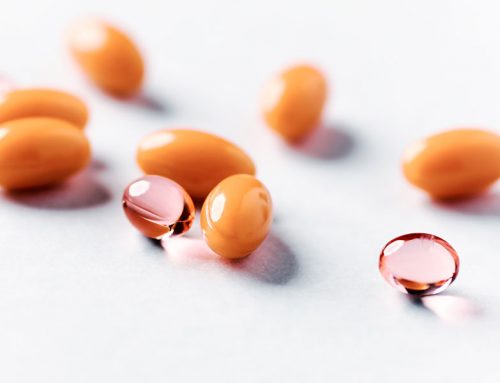

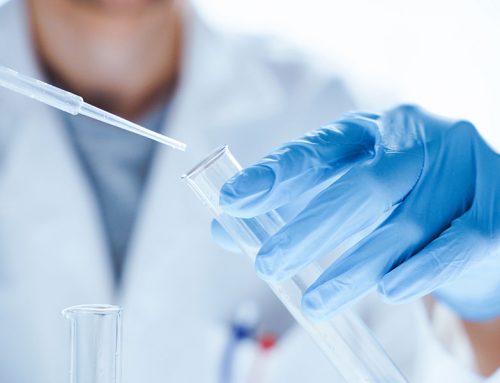
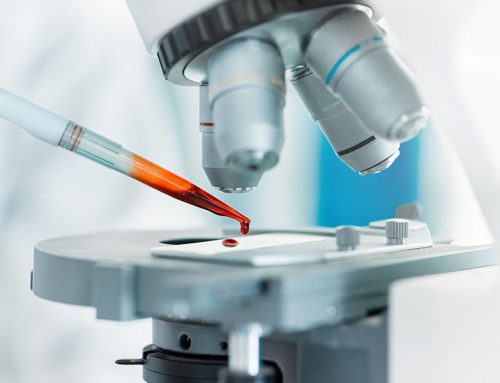
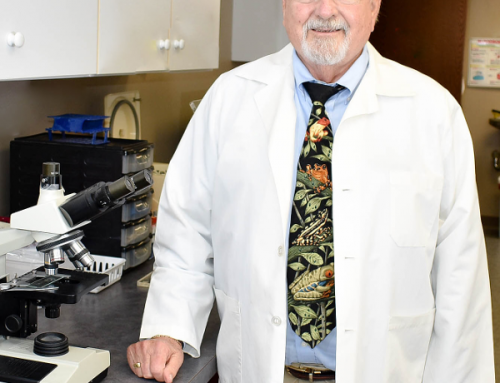
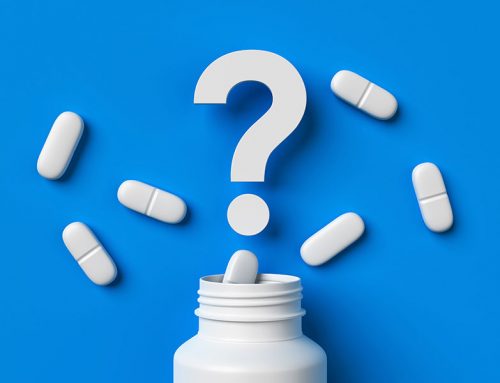
Leave A Comment